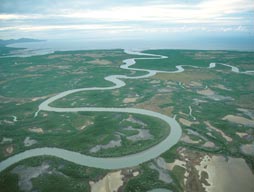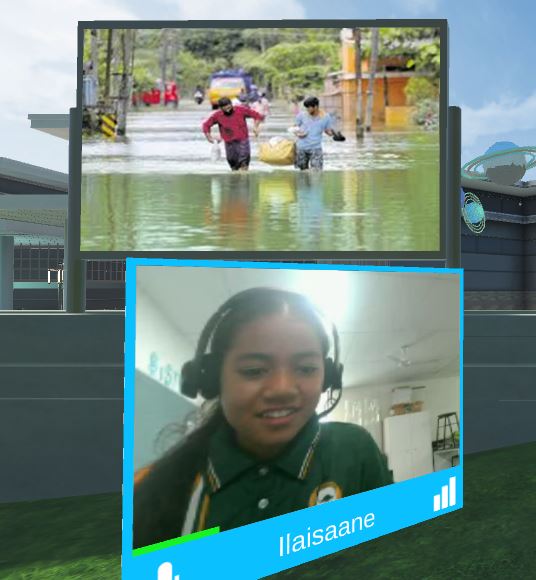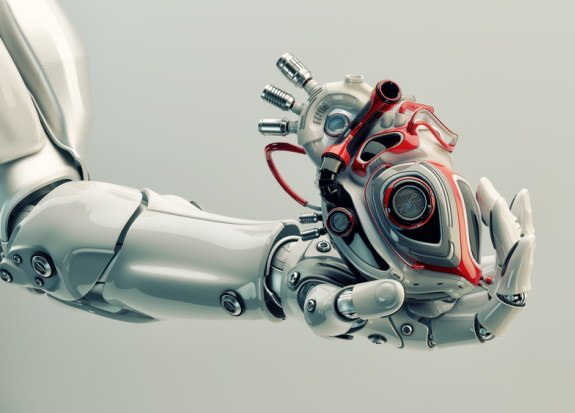What is a grand challenge?
Grand challenges are ambitious but achievable goals that harness science, technology and innovation to solve important national or global problems and that have the potential to capture the public's imagination.
The key outcome of a grand challenge is to develop connections for students between their understanding and the real world. A grand challenge extends beyond the classroom walls to enhance and enrich student learning.
As a Global Tropics Future Young Scholars a student will have the opportunity to enrol and collaborate with other likeminded science, technology, engineering and mathematics (STEM) students in developing solutions to the challenges that face our world and in particular the Global Tropics. This will be delivered through innovative blends of virtual and face to face learning with expert input from our partners at James Cook University.
A grand challenge provides enrichment and engagement for students, so they can actively pursue and use STEM based knowledge beyond the simple transmission of content. A grand challenge has the following key components:
 Accessibility virtual
Accessibility virtual
 Authenticity
Authenticity
 Academic challenge
Academic challenge
 Applied learning
Applied learning
 Active exploration
Active exploration
 Adult relationships (experts)
Adult relationships (experts)
 Assessment (reflexion and evaluation)
Assessment (reflexion and evaluation)
A grand challenge:
- is organised around an authentic open-ended question and a real world challenge
- is current and involves innovative learning experiences
- creates a need to know essential content and skills
- students explore and develop ideas
- incorporates and values student developed questions
- allows a degree of student voice and choice
- requires critical thinking, problem solving, curiosity, creativity, collaboration and communication
- requires inquiry to learn and/or create something new
- incorporates expert 'real world' co-delivery/input/mentor
- involves students developing a solution or prototype for an authentic audience
- incorporates self-reflection and peer feedback to feed forward learning- formative feedback.
Hydro innovation grand challenge
 How can we ensure there is suitable access to water for our growing world population?
How can we ensure there is suitable access to water for our growing world population?
Students explore technologies used to improve water access for human consumption. Students collaborate with experts fro the Townsville City Council to innovate solutions for providing people with access to clean, drinkable water, wherever they live.
Plastic Revolution Grand Challenge
The average person eats at least 50 000 particles of micro plastics a year and breathes in a similar quantity. Will we take more action against plastic use, now that it has a direct influence on our own health and wellbeing?
In this Grand Challenge, students learn the chemistry of plastics, ecological impacts of micro plastics and the latest research on recycling/re-using plastics from James Cook University academics.
Biosecurity Grand Challenge
Biosecurity in Australia plays a critical role in reducing risk and ensuring our country remains free from the world's most severe pests and diseases.
Through collaboration with James Cook University's College of Public Health, Medical and Veterinary Sciences, students innovate methods of reducing our biosecurity risk to agriculture, environment and native flora and fauna.
Disaster Resilience for a Changing Climate Grand Challenge
Resilience is a characteristic used to describe North Queenslanders, however, with climate extremes predicted to increase, how can we prepare for the future?
Through collaboration with Townsville City Council, Red Cross, Qld Reconstruction Authority, Qld Fire and Emergency Services and James Cook University, student recognise and understand hazards and risks in the NQ/FNQ regions and develop resilience/ community engagement strategies for staying safe, seeking help and helping others.
Mining Advancements Grand Challenge
As the world population increases at an exponential rate, there is a growing global demand for resources and energy products. Major mining companies operate with a zero harm policy that ensures the health and safety of workers, environmentally responsible actions and ensuring regions benefit economically. Student collaborate with mining industry experts to explore safety, impact on FIFO workers, environmental impacts and mining equipment technology.
Off the Grid Grand Challenge
We must move towards greater sustainability by reducing the impact of three issues:
- fossil fuel depletion
- climate change due to CO2 emissions
- the increasing costs of energy and water
Students collaborate with experts from the local building industry, Townsville City Council and James Cook University to innovate solutions for sustainable housing in the Tropics. They explore sustainable design to increase the efficiency of buildings and reduce impacts on human health and the environment.
Biomedical Engineering Grand Challenge
From implantable medical devices such as pacemakers and artificial hips, to more futuristic technologies such as stem cell engineering and the 3D printing of biological organs, biomedical engineering is the application of the principles and problem-solving techniques of engineering to biology and medicine. Biomedical engineers solve challenging human health issues, including those related to our aging population. Students innovate a healthcare solution for elderly people living alone. In particular, they focus on areas such as mobility, monitoring and medication.
Social Statistical Literacy Grand Challenge
Through the four principals of entrepreneurial pedagogy, students will engage in authentic learning and develop their own entrepreneurial project. This form of learning will stimulate several entrepreneurial values (self-confidence, motivation, commitment and team spirit). Students will measure the popularity of their fictitious entrepreneurial concept on a social media platform and critically evaluate their success using statistical evidence.